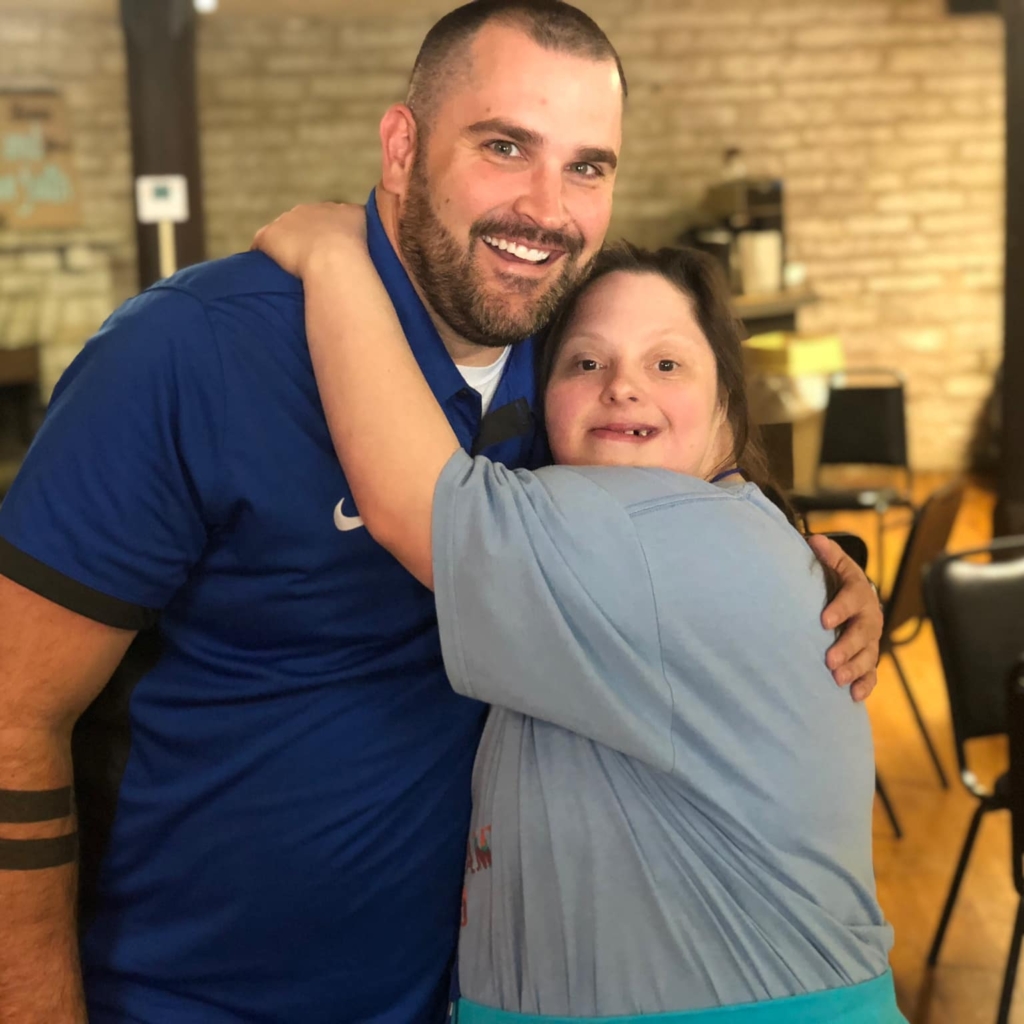
Quickly now! Think of three wonderful things about a person with a disability in your life! Most people—parents, teachers, service providers, therapists—can’t do it. I know; I ask when meeting at school, in relationships, and more. Why should it be any different for individuals who happen to have an experience in life we call disabilities?
Hmmm—it doesn’t take a genius IQ to figure out why so many children and adults with disabilities aren’t as successful as they could be. If you were known primarily by your perceived problems and your medical diagnoses, you wouldn’t be very successful either. Really, this is not rocket science, is it?
For those who may still be skeptical, perform your own “research” for a couple of days. When a coworker, friend, or family member asks, “How are you,” respond by sharing your medical diagnoses, as well as a list of everything you don’t do well—your “problems.” What impact does this have on the person you’re speaking to, and on yourself? Does the other person want to run away from you as quickly as possible? Or maybe he feels sorry for you and treats you as a poor, pitiful creature. On the other hand, the person might decide to help you “solve your problems,” whether you’ve asked for help or not. And how do you see yourself? Are any of these good outcomes? Here’s one more example: in a job interview, share all the negative things about yourself. Yeah, that’s the ticket to success!
In reality, during a job interview or other situation, you keep your medical diagnoses and/or your “problems” private (lie by omission), and you share only positive information. You may also embellish to make yourself look better (exaggerate just a bit). Maximizing the positives, and minimizing the negatives is the norm, and it works to ensure our success in employment, at school, in relationships, and more. Why should it be any different for individuals who happen to have conditions we call disabilities?
Ahhhh, but it’s even more important for them. Because of societal ignorance about disabilities, focusing on the strengths of a person can help minimize or eliminate the knee- jerk prejudice normally associated with disability. A focus on a person’s strengths can also help others recognize that people with disabilities are more like people without disabilities than difference.
Perhaps the scenario described in the first paragraph shouldn’t be surprising for service providers, teaches, therapists, or others who can’t immediately bring to mind one particular person because they work with many people with disabilities. In addition, professionals usually are focused on a person’s “problems/deficits”—not on their strengths—as part of their jobs. (More about changing this in a moment.) The scenario, however, is alarming when a parent is unable to immediately share three wonderful things about her child with a disability. If a parent is not able to tout her child’s strengths, who will? What does this do to how a parent sees her child, and how the child sees himself?
I believe we all can make the choice to focus on personal strengths. First, let’s think about how we “define” strengths. They’re not limited to functional or “normal” abilities. If I list my strengths, I don’t include things like, “I can walk and talk.” A strength can be (1) what a person does well (has great people-skills, is organized, is good at math); (2) what a person enjoys doing (loves to read, enjoys scrap-booking, is a rabid football fan, loves his pirate toys); and (3) what a person wants to do and/or learn to do (go to a baseball game, fly on a plane, learn to read, visit Presidential museums).
Many strengths may not be “observable,” nor will they be found in traditional assessments. The only way to discover them is by talking to the person and his family and friends, and by observation— how does the person choose to spend his free time? A list of strengths can include a person’s abilities, interests, desires, hopes and dreams, similarities to others without disabilities, and more. Many people— the person with a disability, parents/family members, friends, classmates, co-workers, and others who know the person well—should contribute their ideas.
Once those strengths have been identified, they need to be at the forefront of our thinking. At Individualized Education Plan (IEP) meetings in schools, or planning meetings for adults, let’s start the meeting with the person’s strengths, instead of spending so much time on problems, deficits, weaknesses, etc. If we start with strengths, we might begin seeing a new person, as well as new strategies and new opportunities. Imagine the possibilities when the person is defined by strengths, instead of perceived deficits, and the impact on goals, activities, friendships, employment, and more. How might this make a difference in how we see the person, how others see the person, and most importantly, how the person sees herself? Make your list of strengths long and add to it on a regular basis (individuals grow and change).